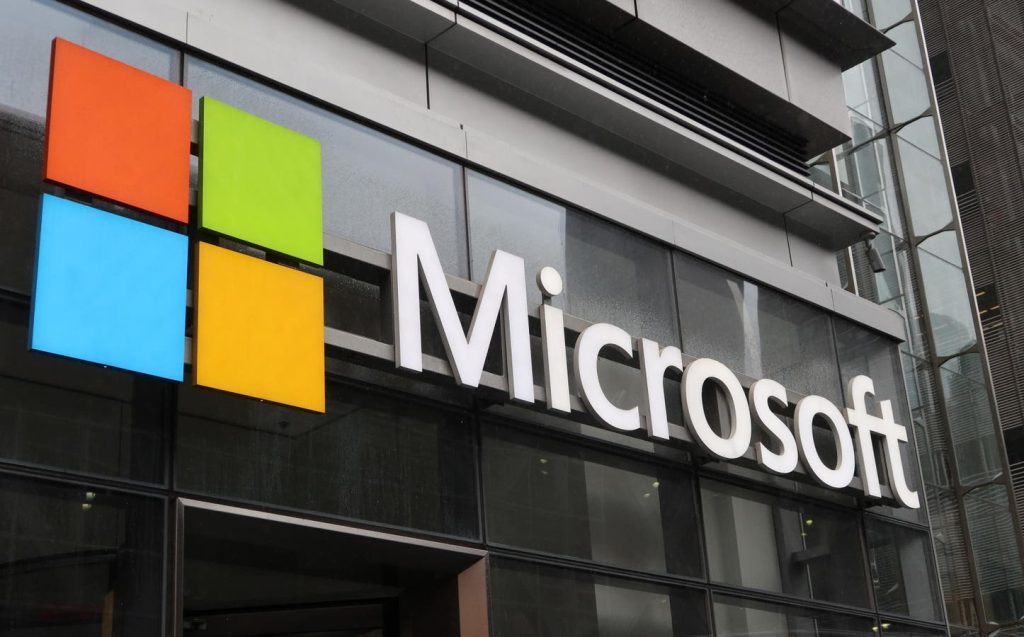Microsoft’s commitment to cybersecurity has taken a significant leap forward with the launch of its innovative “Zero Day Quest” initiative. This multifaceted program represents a strategic blend of incentivized vulnerability discovery and collaborative security research, aimed at fortifying the defenses of Microsoft’s AI and cloud ecosystem against the ever-evolving threat landscape. Zero Day Quest underscores the critical role of ethical hackers, or “white hats,” in proactively identifying and mitigating security flaws before they can be exploited by malicious actors. This program builds upon a rich history of bug bounty programs, tracing back to the early days of computing and evolving into a sophisticated mechanism for harnessing the collective expertise of the security research community.
The genesis of bug bounty programs can be traced back to 1983, when Hunter & Ready offered a Volkswagen Beetle, affectionately known as a “bug,” to anyone who could uncover flaws in their operating system. However, the true precursor to modern bug bounty programs emerged in 1995 with Netscape’s offer of rewards for identifying security vulnerabilities in their web browser. This marked a pivotal moment in recognizing the value of external security expertise. The evolution of bug bounty programs continued with the establishment of HackerOne in 2012, a platform that streamlined the process for companies and government agencies to engage with ethical hackers. HackerOne’s client roster quickly grew to include tech giants like Yahoo, Google, Facebook, Uber, and Microsoft, solidifying the platform’s role in connecting organizations with security researchers. The success of HackerOne extended to the public sector, with the U.S. government launching the “Hack the Pentagon” program in 2016, a landmark initiative that yielded the discovery of numerous vulnerabilities and paved the way for similar programs within other government branches.
The increasing sophistication of cyber threats, particularly in the realm of AI and machine learning, has amplified the importance of proactive security measures. As AI and machine learning become more integrated into critical infrastructure and sensitive systems, the potential consequences of vulnerabilities become exponentially greater. Black hat hackers, driven by malicious intent, are constantly seeking ways to exploit these vulnerabilities for their own gain. The race is on to identify and patch these flaws before they can be weaponized, and bug bounty programs like Microsoft’s Zero Day Quest play a crucial role in this ongoing battle. Apple’s Security Bounty program, launched in 2016 with rewards of up to $1 million, further exemplifies the growing recognition of the value that ethical hackers bring to the table.
Microsoft’s Zero Day Quest stands out for its dual-pronged approach. The first component focuses on incentivizing the discovery and reporting of high-impact vulnerabilities in Microsoft’s AI and cloud products. To qualify for a bounty, the vulnerability must be novel, unreported, and classified as critical or important in terms of severity. Furthermore, ethical hackers must not only identify the flaw but also provide actionable remediation guidance to Microsoft. Bounties range from $4,000 to $30,000, with the potential for even higher rewards for exceptionally critical vulnerabilities. This structured approach ensures that the program not only identifies vulnerabilities but also facilitates their timely resolution.
The second component of Zero Day Quest is an invitation-only security research event held at Microsoft’s Redmond campus. This exclusive gathering brings together Microsoft’s top ten internal security researchers and 45 of the most successful participants from the vulnerability discovery component of the program. Microsoft covers all travel and accommodation expenses for the invited researchers, fostering a collaborative environment where they can share insights, exchange best practices, and collectively advance the field of security research. This collaborative approach recognizes that the fight against cyber threats requires a collective effort, bringing together the best minds in the industry to tackle complex security challenges.
The Zero Day Quest embodies a proactive and collaborative approach to cybersecurity. By incentivizing the discovery of vulnerabilities and fostering collaboration among top security researchers, Microsoft is taking significant steps to bolster the security of its AI and cloud offerings. The program’s emphasis on both identifying and remediating vulnerabilities ensures that discovered flaws are promptly addressed, minimizing the window of opportunity for malicious actors. Furthermore, the invitation-only research event fosters a sense of community and shared responsibility among security professionals, creating a platform for knowledge sharing and collaborative problem-solving.
In conclusion, Microsoft’s Zero Day Quest is a testament to the company’s commitment to cybersecurity in an increasingly complex threat landscape. The program’s innovative structure, combining incentivized vulnerability discovery with collaborative research, sets a new standard for proactive security initiatives. By harnessing the expertise of ethical hackers and fostering a spirit of collaboration, Microsoft is taking decisive action to protect its users and safeguard the future of its AI and cloud ecosystem. The Zero Day Quest represents a crucial step forward in the ongoing battle against cyber threats, demonstrating the power of collective action in securing the digital world.

